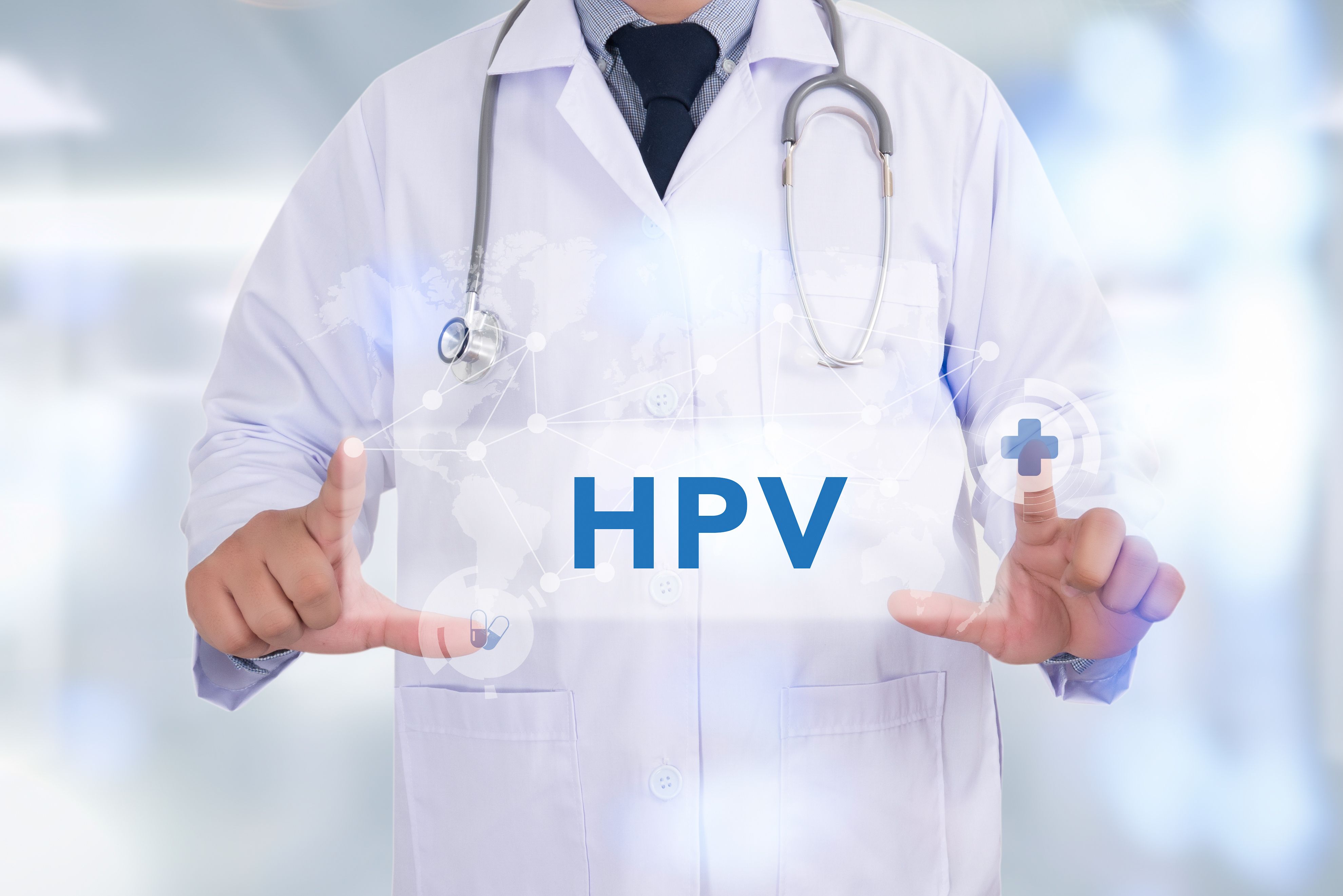Your Guide to the HPV Vaccine: Doses, Side Effects, and Safety
Learn how vaccination can protect you and your loved ones against HPV and its related diseases.
Table of Contents
Did you know that more than 95% of cervical cancer cases worldwide are caused by HPV? And it’s not just cervical cancer, HPV happens to be a risk factor in vulvar cancer, vaginal cancer, anal cancer, and oropharyngeal cancers. Despite the efforts of scientists throughout the ages, there is still no known cure for these cancers. However, cancer prevention is possible by taking the necessary steps to protect your health. Getting the HPV vaccine is one such step.
In this comprehensive guide, we will walk you through the HPV vaccine schedule, discussing its doses, potential side effects, and overall safety, so you can make informed decisions about your health and that of your loved ones.
Why is the vaccine required?
Human Papillomavirus (HPV) is a prevalent and potentially dangerous infection that can lead to various cancers and other health issues. The virus is incredibly common, with nearly everyone being exposed to it at some point in their lives. While most HPV infections resolve on their own, some strains can persist and lead to cancer, including cervical, vulvar, vaginal, anal, and oropharyngeal cancers.
Thankfully, there's a powerful weapon in our medical arsenal to deal with these risk factors: the HPV vaccine. The vaccine offers a proactive shield against these potential threats.
Who should get the HPV vaccine?
The HPV vaccine is recommended for both males and females, ideally starting in adolescence. The minimum age for vaccination is 9 years old, and vaccination can be effective up to the age of 45. The Centers for Disease Control and Prevention (CDC) recommends routine vaccination for:
Preteens and teens: Vaccination is most effective when administered at ages 11 or 12. It requires a series of shots.
Young adults: Those who didn't get vaccinated in their teens can still benefit from the vaccine up to age 26.
Adults aged 27–45: While less common, some healthcare providers may recommend the HPV vaccine for individuals in this age group, especially if they are at risk due to sexual activity or other factors.
The HPV Vaccine Dosage and Types
Vaccination typically involves a series of shots to ensure long-lasting protection. The number of doses of HPV vaccine and the schedule in India may vary depending on age. Available vaccines and their doses include:
1. Nonavalent HPV vaccine (Gardasil 9): This vaccine protects against nine different HPV types, including those most likely to cause cancer and genital warts. Estimates state that it prevents ~98% of cervical cancers. It is administered as a series of two or three doses, depending on age.
Doses of nonavalent HPV vaccine:
- For those aged below 15, two doses are given 0–6 months apart.
- For those aged 15–45, or immuno-compromised people, three doses are given over a 6-month period (0-2-6).
2. Quadrivalent HPV vaccine (Gardasil 4): The quadrivalent vaccine protects against HPV types 6, 11, 16 and 18. Like in nonavalent vaccines, the quadrivalent HPV vaccine schedule depends on one's age.
Doses of quadrivalent HPV vaccines:
- For ages 9–14, two doses are given 0–6 months apart.
- For ages 15–45, or immune-compromised people, three doses are given over a 6-month period (0-2-6).
Benefits of the HPV Vaccine
The HPV vaccine has many benefits that make opting for vaccination an easy choice, especially if it is administered early. Let’s explore a few of these benefits.
1. Prevents cervical cancer: Providing strong protection against cervical cancer, the HPV vaccine can prevent around 90% of cervical cancer cases globally.
2. Stronger immune response in youth: The earlier you vaccinate the better, adolescents and young females show a better immune response to early HPV vaccination.
3. Higher antibody levels in early vaccination: Studies have shown that vaccinating before age 15 results in antibody levels twice as high compared to later vaccination, indicating longer-lasting protection.
4. Maximum protection pre-sexual contact: Since HPV spreads primarily through sexual contact getting vaccinated before first sexual contact can be highly beneficial. 90% protection is achieved when vaccinated before the first sexual encounter.
5. Lower lifetime cancer risk: It’s not just cervical cancer, early vaccination significantly reduces the lifetime risk of HPV-related cancers, such as anal, vulvar, vaginal cancer, and more.
6. Reduces progression to CIN 3: Cervical intraepithelial neoplasia (CIN) refers to abnormal cell changes in the cells that line the cervix. These abnormal changes can lead to cancer if they progress. For women over 30, early vaccination lowers the risk of CIN 1 progressing to severe CIN 3 by seven times.
These points emphasize the importance of early HPV vaccination in preventing HPV infection, reducing cancer risk, and protecting overall health.
HPV Vaccine Safety and Efficacy
Extensive studies have proven the safety and efficacy of the HPV vaccine, for adolescents as well as adults. In fact, major international and national medical bodies, such as the IAP, CDC, and WHO, recommended HPV vaccination for children aged 9+.
It's important to weigh the benefits of the vaccine while making your decision, which includes a significant reduction in the risk of HPV infection and related cancers.
By understanding the recommended doses, potential side effects, and the vaccine's overall safety, you can make an informed choice about protecting yourself and your loved ones. Consult with your healthcare provider to discuss the HPV vaccine and create a vaccination schedule tailored to your individual needs and circumstances. Remember, prevention is a vital step in safeguarding your long-term health.
Disclaimer: HPV - Human Papillomavirus. This information is intended for awareness purposes only and should not be considered a substitute for professional medical advice. Please consult your doctor.
IN-HPV-00520 - 14/2/2024 - 10/11/2025


